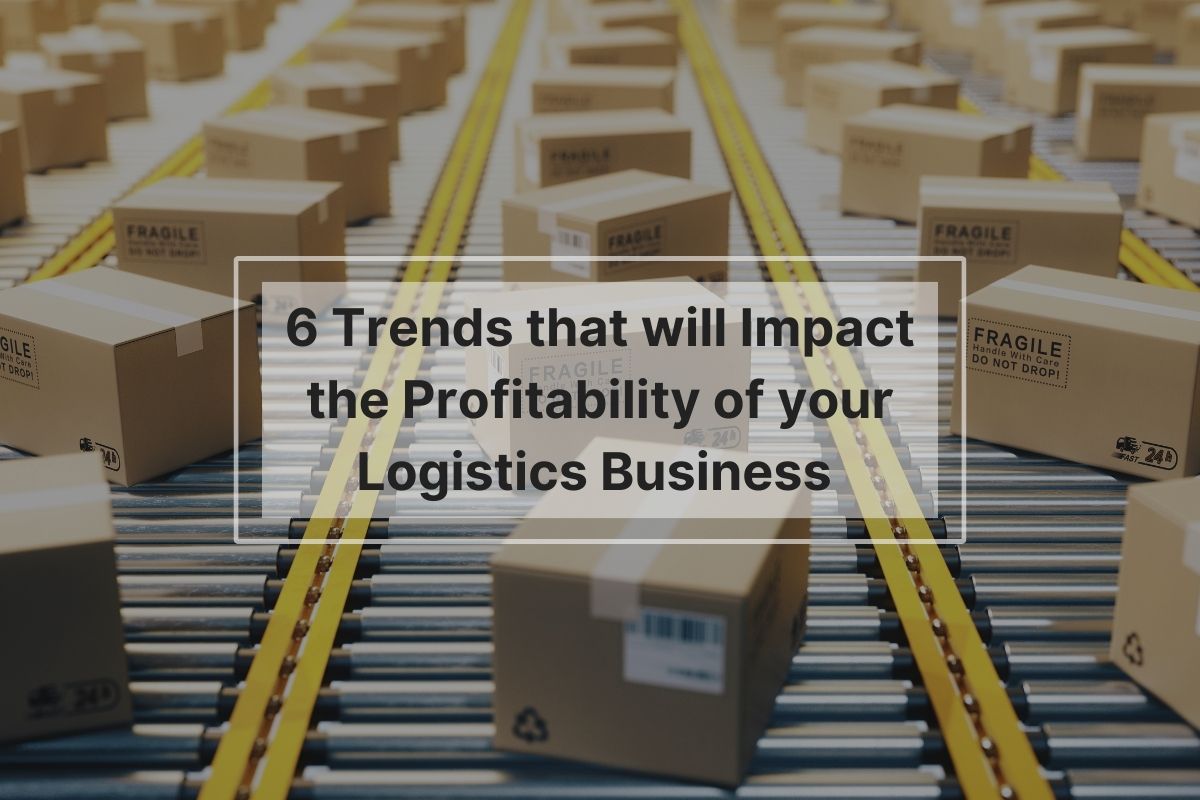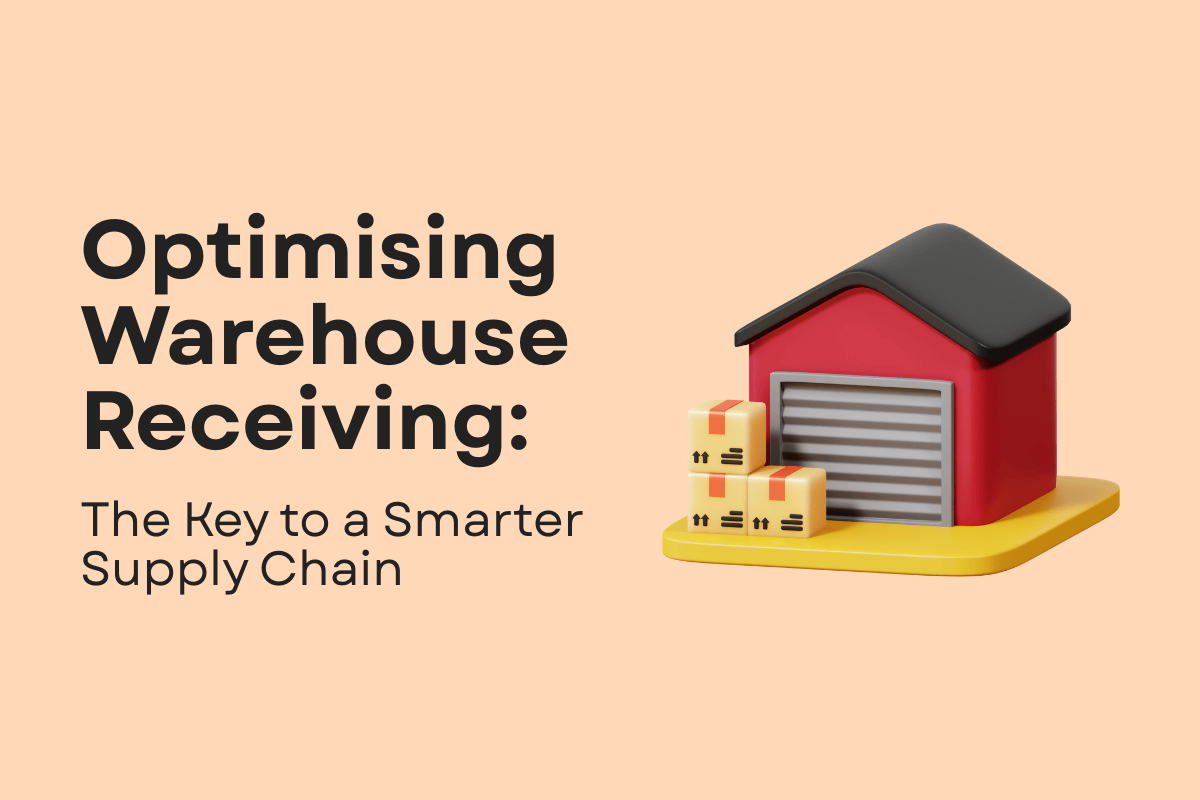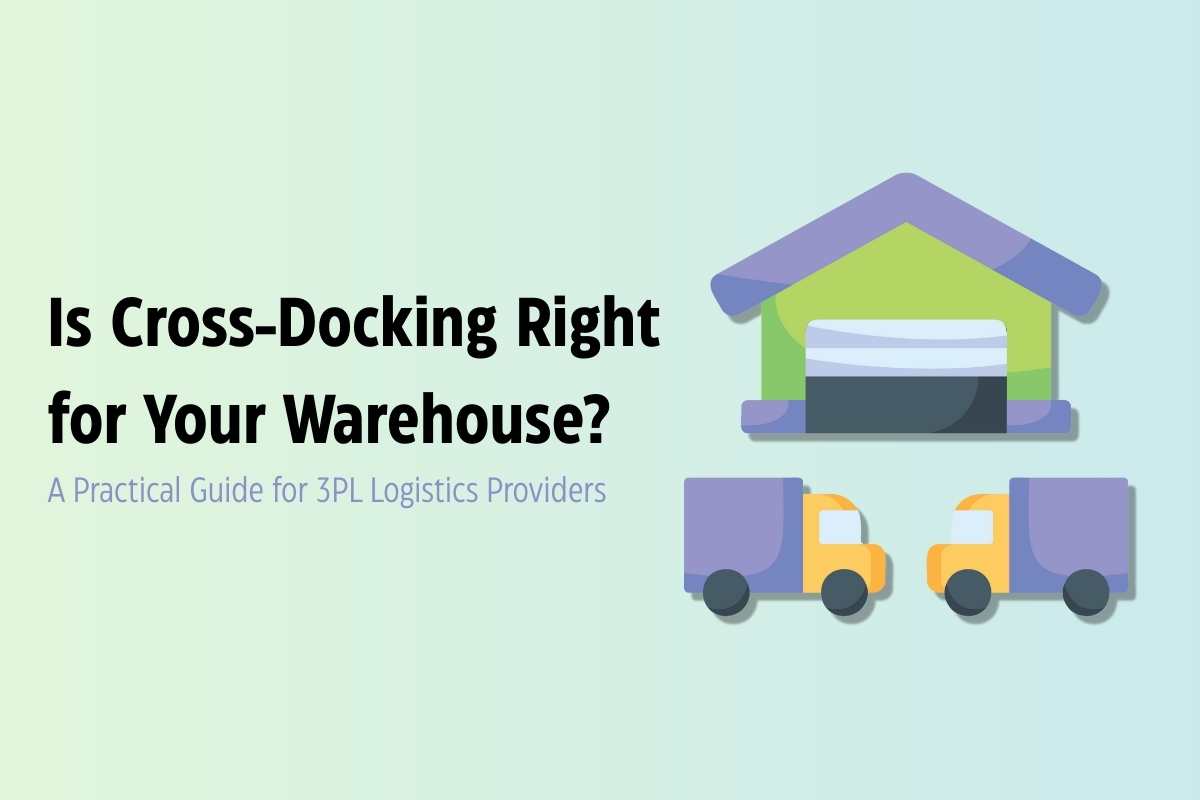The upcoming decade holds thrilling opportunities and daunting challenges for the logistics industry. Navigating these changes will significantly influence your company’s bottom line in the future.
This article explores the top six pivotal trends logistics CEOs identify and the strategic investments they are poised to make in response.
Evolving Customer Demands and Preferences
In the contemporary landscape, customers wield unprecedented empowerment. Their expectations extend beyond satisfaction; they demand top-notch service quality and swift deliveries. Adapting to these changing preferences is not just about maintaining customer satisfaction but also a key determinant of profitability.
Enterprises can leverage cutting-edge software solutions to address this challenge. Digital front-end portals, real-time tracking, proactive communications, and self-service options are integral components that enhance customer service and satisfaction. Companies embracing these technologies have witnessed substantial improvements in customer loyalty and gained a competitive edge.
Regulatory Dynamics
The ever-changing regulatory landscape exerts a profound impact on business operations. Logistics service providers must remain vigilant and abreast of new regulations to ensure compliance and avoid potential fines.
Workforce Shortages
The logistics sector needs more qualified personnel. Attracting, training, and retaining skilled employees is increasingly crucial for maintaining a competitive edge. Strategies to retain qualified staff include:
- Providing opportunities for career development.
- Fostering positive work environments.
- Investing in team building.
- Encouraging new ideas and initiatives.
Technological Disruptions
Advanced technologies like AI, blockchain, and the metaverse are poised to revolutionise business operations. To stay relevant and enhance efficiency, investments in technological innovation are imperative. Automation of processes and systems, cloud computing, and AI applications contribute to increased efficiency, cost reduction, and agility in responding to market changes.
Supply Chain Resilience
Global supply chains have proven vulnerable to unforeseen events such as the COVID-19 pandemic, natural disasters, and conflicts. These disruptions have had severe repercussions on the profitability of numerous companies. Developing risk profiles and contingency plans, often involving entering new markets, helps mitigate these risks. While diversifying suppliers reduces dependency and spreads risk, it amplifies the importance of digitisation and automation.
Sustainable Practices
Logistics service providers are under growing pressure to operate sustainably. Transitioning to sustainable energy sources and eco-friendly practices is not just an ethical choice; it’s a savvy business move. Investing in advanced Warehouse Management Systems (WMS) and Transportation Management Systems (TMS) facilitates sustainability by optimising reach truck utilisation, route optimisation, real-time tracking, and data analytics.
Do you want to meet which are the opportunities and benefits of implementing the circular economy on your business??
Select the industry of your interest to learn more:
Investing in Automation and Technology
To effectively address these trends, CEOs emphasise the critical need to invest in process and system automation. Leveraging technologies like cloud computing and AI enhances efficiency, reduces costs, and enables rapid responses to market shifts. The white paper “Digitise to Stay Relevant” provides concrete examples of tackling these challenges head-on.
Book a demo today
Whether you’re a 3PL, fulfilment house or retailer, our cloud-based order management system will help you to pick, pack and ship your way to success.







